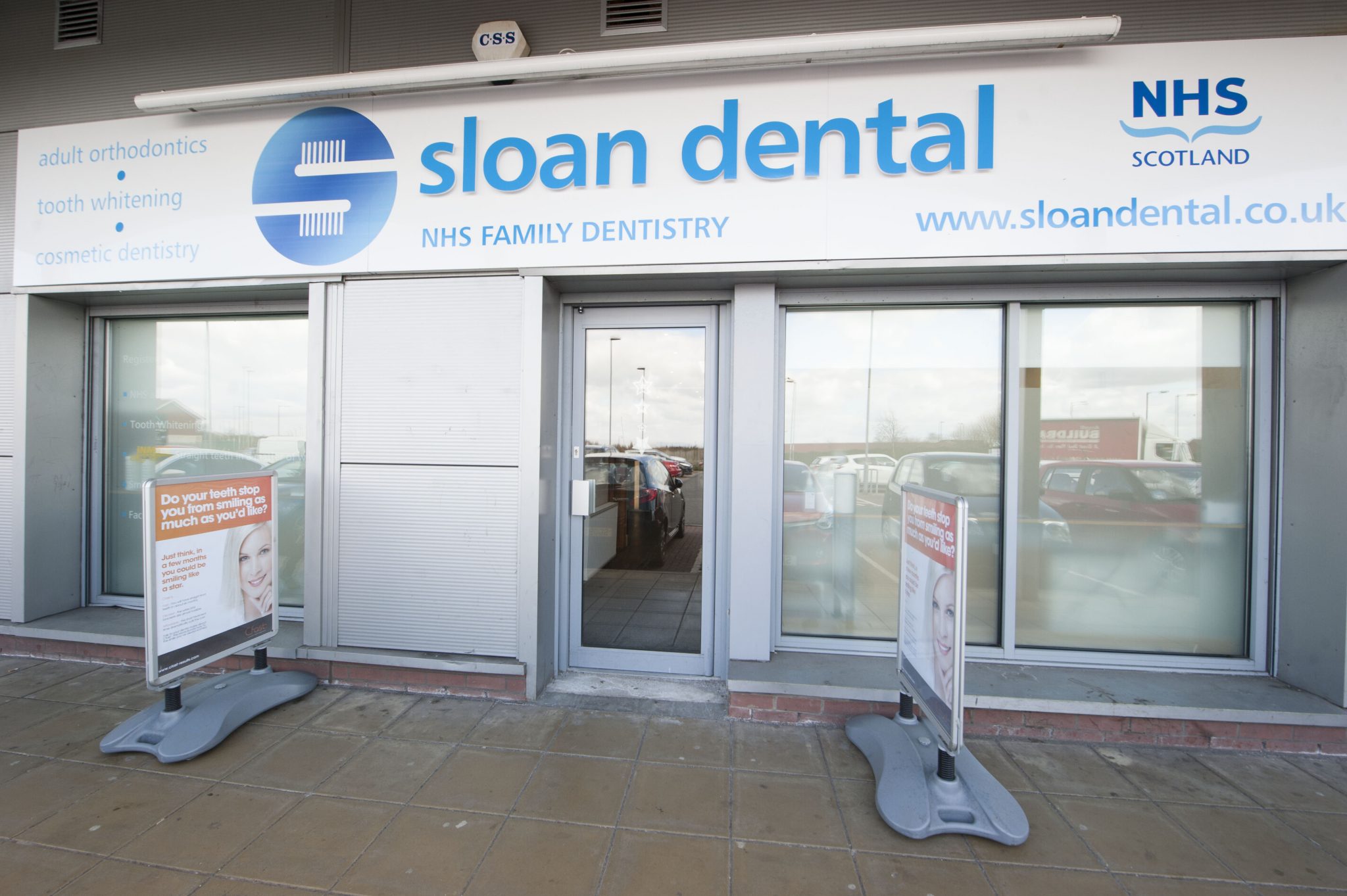A common misconception about baby teeth is that they are nothing more than a trial version for adult teeth. They are often treated as temporary placeholders, or a practice version of the real thing.
This type of thinking can lead parents and their children to think that baby teeth aren’t important, and cavities in baby teeth “don’t count”. This is a damaging way to think about baby teeth and could be the reason that tooth decay in youngsters is so high.
In 2019, one in four 5-year-olds had some form of dental decay. In a country where children have free access to dental care, something is clearly amiss.
There’s no confusion about the fact that poverty has a significant impact on a child’s oral health. In situations where children are growing up with food scarcity, the chances of them being able to care for their teeth properly are reduced.
But even among families not living in poverty, there is a dangerous misunderstanding of the role of the baby teeth. In this blog, we’re hoping to unpack some of these myths and explain just how important baby teeth are for a child’s development.
Why are baby teeth important?
There are a few reasons parents and children should pay close attention to baby teeth.
1. Baby teeth save a spot for adult teeth
Baby teeth pave the way for the adult teeth, so for the adult teeth to move in straight and aligned, the baby teeth need to be in the right place. If a baby tooth is extracted as result of tooth decay, the remaining teeth will shift to fill the gap. This can block an adult tooth from erupting, causing rotations and overcrowding.
If you want to avoid orthodontics, protecting the baby teeth is one of the best ways to achieve this.
2. Caring for baby teeth establishes good habits
If a child believes that their baby teeth are nothing more than a trial run, they might delay taking proper care of their teeth until they have all of their adult teeth. But there is an obvious problem with this.
As your child gets older, they will have a mixture of adult teeth and baby teeth. So if they don’t establish good habits to care for their baby teeth from a young age, they risk damaging their adult teeth.
Children need to understand why they need to care for their teeth, and have support from their parents any time they might slip.
3. Baby teeth help with speech development
A lot of sounds rely on teeth, so if baby teeth are lost due to decay, your child might struggle with their speech. Teeth are required to make the “sh” sound in shop, the “f” in friend, the “s” in smile and the “ch” in chocolate.
When children lose their two front teeth, they often struggle to say certain words. And if they lose these teeth prematurely, they might struggle to be understood for longer than is necessary.
4. Decay in baby teeth can impact adult teeth
If there is decay present in baby teeth, this can cause dark spots to develop on the adult teeth. The adult teeth can also be malformed, discoloured or permanently stained. This type of staining cannot be bleached away, so a person could be stuck with the consequences of their childhood brushing habits for life.
5. Dental cavities limit enjoyment of food
If a child is suffering from a lot of cavities, their teeth can become more sensitive to hot and cold. This can lead them to become more fussy around certain foods, which can prevent them from enjoying a healthy and balanced diet. And since poor diet is linked to tooth decay, this can be a circular problem.
6. Tooth decay can damage a child’s confidence
If a child doesn’t feel confident with their smile, they may avoid smiling around their friends and family. This can undermine their confidence as they get older. By caring for their baby teeth and making sure their adult teeth can erupt properly, they can also show off a confident smile.
Children should start to visit the dentist every 6 months from when their first teeth appear. To book an appointment for your child, get in touch today!



